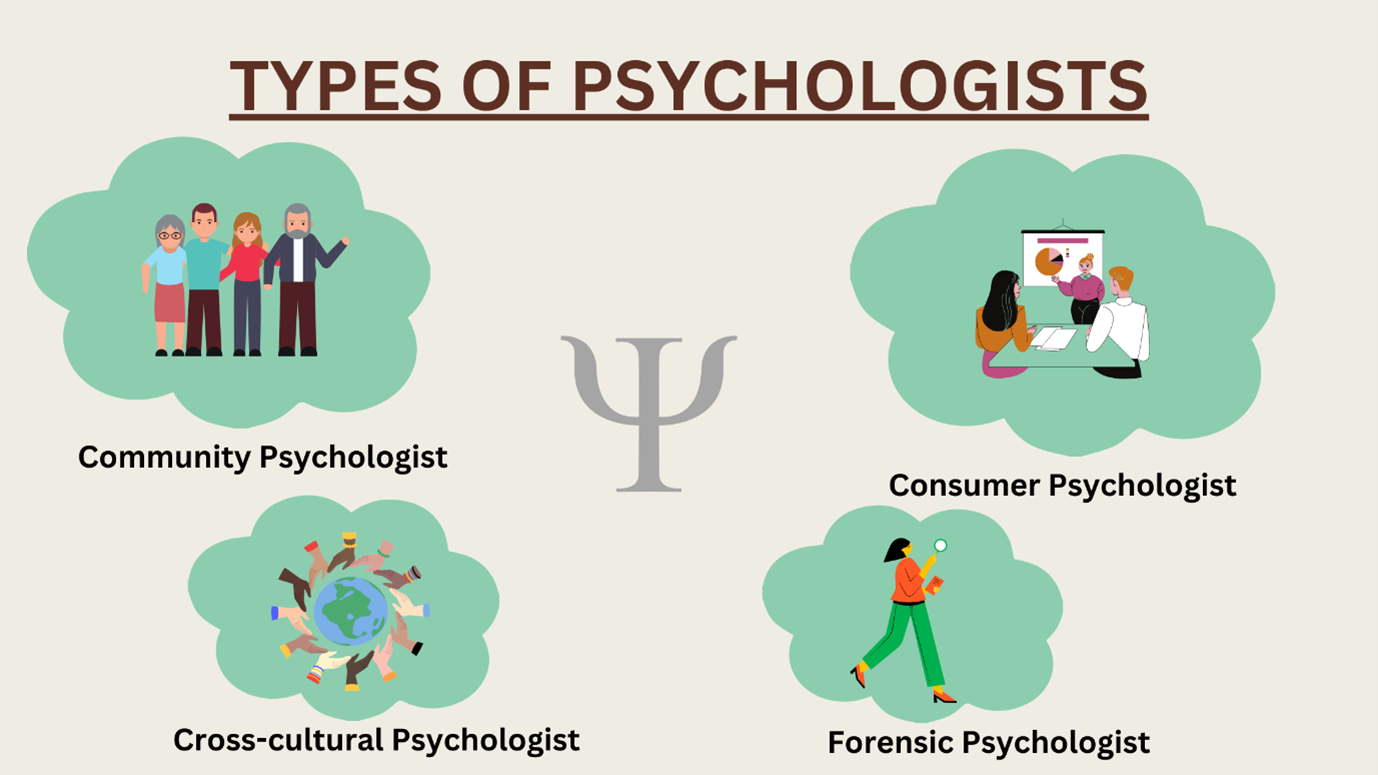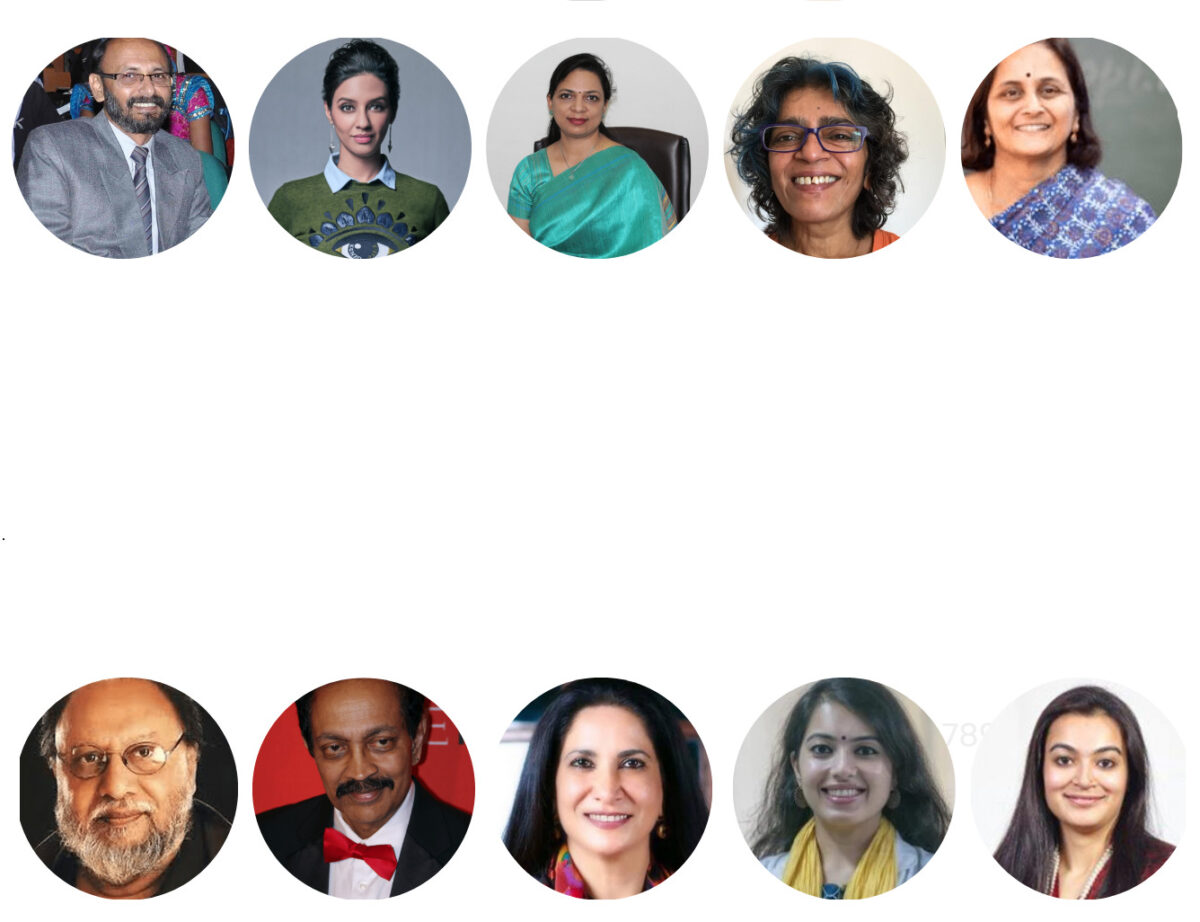Locating the Best Psychologist in Delhi: A Guide to Your Psychological Wellness Journey
Locating the Best Psychologist in Delhi: A Guide to Your Psychological Wellness Journey
Blog Article
Psych Therapy: A Comprehensive Guide to Techniques and Results

Cognitive-Behavioral Therapy
Cognitive-Behavioral Therapy (CBT) is an extensively utilized psychotherapeutic approach that focuses on recognizing and customizing inefficient reasoning and behavior patterns. Created in the 1960s by Aaron T. Beck, CBT combines behavior and cognitive concepts to resolve different psychological health and wellness concerns, consisting of clinical depression, anxiety, and stress-related disorders.
Strategies such as cognitive restructuring, exposure therapy, and skill-building workouts are generally utilized. Cognitive restructuring includes difficult and altering negative thought patterns, while exposure treatment aims to decrease worry and stress and anxiety with progressive exposure to feared things or circumstances.
Evidence-based study supports the effectiveness of CBT for a vast array of emotional disorders - Best Psychologist in Delhi. Its focus on skill procurement and self-help methods equips clients to proceed development separately after treatment concludes. The flexibility and effectiveness of CBT have made it a cornerstone in modern psychotherapeutic technique
Psychodynamic Methods
Rooted in the very early concepts of Sigmund Freud, psychodynamic techniques concentrate on exploring the subconscious mind and its influence on behavior and feelings. These techniques intend to uncover surprise ideas and sensations that might be driving maladaptive habits and psychological distress. Central to this strategy is the idea of internal problem, typically stemming from unresolved previous experiences, specifically those from childhood.
Therapists making use of psychodynamic techniques use a number of crucial approaches, consisting of cost-free organization, where individuals are encouraged to speak easily to disclose subconscious product, and dream evaluation, which translates the latent content of desires. In addition, the expedition of transfer and countertransference characteristics within the therapeutic relationship is important. These interactions can offer insights into the client's inner globe and relational patterns.
Psychodynamic therapy is normally longer-term compared to other methods, supplying a deep and comprehensive understanding of the person's psyche. Study indicates that it can be specifically efficient for intricate psychological wellness concerns, such as personality conditions and persistent anxiety. By cultivating self-awareness and psychological insight, psychodynamic therapy looks for to bring unconscious material to consciousness, enabling people to accomplish significant and long lasting modification in their lives.
Humanistic Methods
Structure on the structures laid by psychodynamic strategies, humanistic strategies supply a distinct perspective concentrated on private possible and self-actualization. Coming from the mid-20th century, these methods focus on the integral benefits and growth capacity of individuals, emphasizing a holistic sight of human experience. Trick numbers such as Carl Rogers and Abraham Maslow have actually substantially influenced this restorative strategy, which encompasses approaches like client-centered treatment and Gestalt therapy.
Client-centered treatment, created by Rogers, plays a pivotal duty in humanistic techniques. The specialist's function is even more of a facilitator than an authority, urging clients to harness their internal sources for healing.
Gestalt treatment, an additional vital humanistic strategy, highlights existing moment recognition and the combination of mind and body. By concentrating on the "present moment," clients obtain higher understanding right into their current feelings and behaviors. Strategies such as role-playing and guided visualization are usually utilized to assist clients obtain a deeper understanding of themselves, ultimately leading to enhanced self-awareness and fulfillment.
Integrative Treatments
Integrative therapies represent a synthesis of different therapeutic techniques tailored to fulfill the special demands of each client. This method acknowledges the complexity of human psychology and the complex nature of mental health concerns. By combining aspects from different institutions of psychotherapy-- such as cognitive-behavioral therapy (CBT), psychodynamic therapy, and humanistic strategies-- integrative therapies offer a more all natural and flexible therapy paradigm.
Professionals of integrative treatment analyze each client's details demands, signs, and personal background to create a tailored treatment strategy. This customized technique boosts the possibility for therapeutic success by attending to the source of emotional distress and advertising general health. Techniques may include mindfulness exercises, cognitive restructuring, and you could try here psychological handling, each selected to target various elements of the customer's concerns.
Additionally, integrative therapies stress the therapeutic partnership, viewing the client-therapist bond as a vital part of efficient treatment. This relationship fosters a supportive setting where customers feel secure to check out and resolve their worries. The versatility of integrative therapies makes them appropriate for a broad variety of problems, including anxiousness, anxiety, injury, and interpersonal difficulties, consequently enhancing their applicability and performance in diverse professional settings.

Measuring Treatment Outcomes
Reviewing the efficiency of psychiatric therapy is vital for both clinicians and customers to ensure that the therapy is yielding the preferred end results. To achieve this, numerous methods and tools are used to measure treatment outcomes systematically. Standard assessment instruments, such as the Beck Clinical Depression Inventory (BDI) and the Generalized Stress And Anxiety Problem 7 (GAD-7), offer measurable information on symptom seriousness and adjustments over time.
In enhancement to standard tools, qualitative techniques like customer self-reports and clinical interviews use beneficial insights into the individual experiences and viewed progress of customers. Routinely arranged examinations, normally at the beginning, resource middle, and end of therapy, assistance in tracking the trajectory of improvement or determining locations requiring change.
End result measurement is not limited to sign reduction; it likewise includes practical renovations in life, such as better interpersonal partnerships, raised job performance, and enhanced general wellness. Modern improvements in digital health and wellness have presented mobile applications and online platforms that assist in real-time surveillance click resources and responses, additionally improving the analysis procedure.
Eventually, a detailed technique to determining therapy results guarantees that therapeutic interventions work, reliable, and tailored to meet the individual demands of customers, thus optimizing the overall healing experience.
Final Thought
Psychotherapy offers a diverse array of strategies focused on attending to particular mental wellness problems and enhancing total wellness. Cognitive-Behavioral Therapy and psychodynamic approaches target useless thoughts and subconscious impacts, specifically. Humanistic methods focus on individual growth and self-actualization, while integrative treatments combine numerous techniques for customized treatment strategies. Examining therapy results through standard assessments and qualitative approaches makes sure an extensive understanding of performance, ultimately leading clients towards enduring mental wellness improvements.
From the organized approach of Cognitive-Behavioral Therapy (CBT) to the deep exploration of the unconscious in psychodynamic treatment, each approach brings one-of-a-kind benefits. Its emphasis on skill procurement and self-help methods empowers customers to continue progress independently after treatment wraps up (Best Psychologist in Delhi). Key numbers such as Carl Rogers and Abraham Maslow have considerably affected this restorative method, which incorporates approaches like client-centered therapy and Gestalt therapy

Report this page